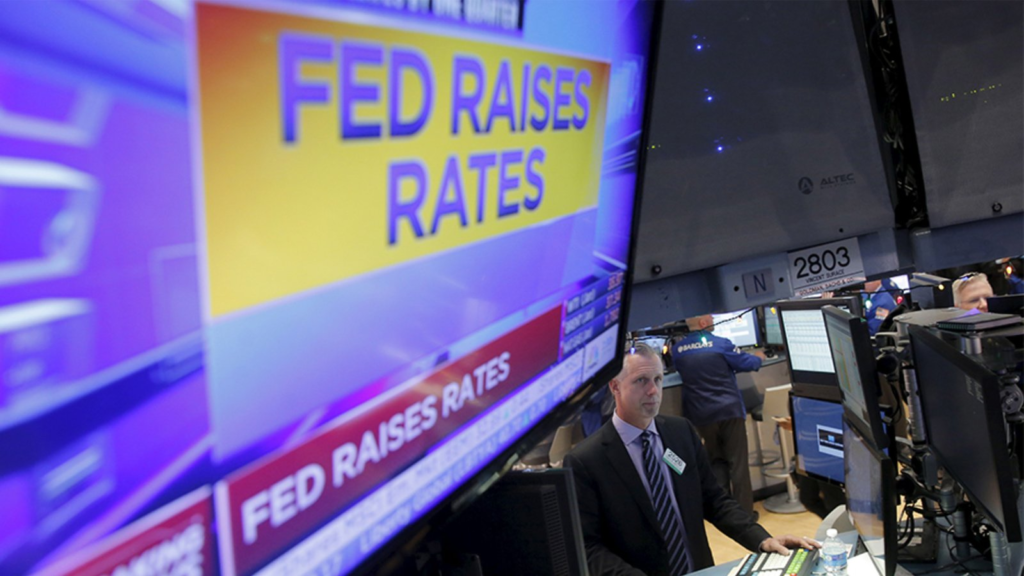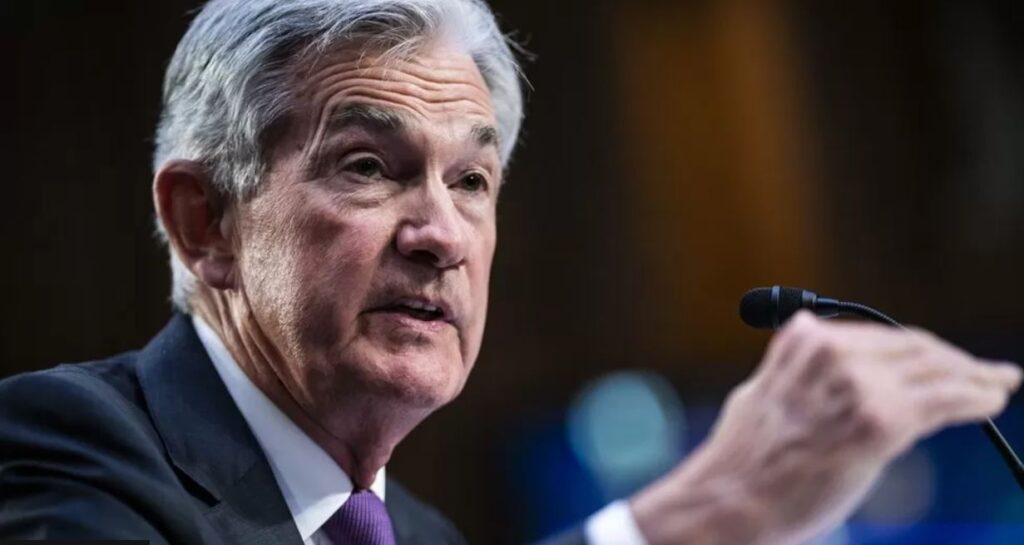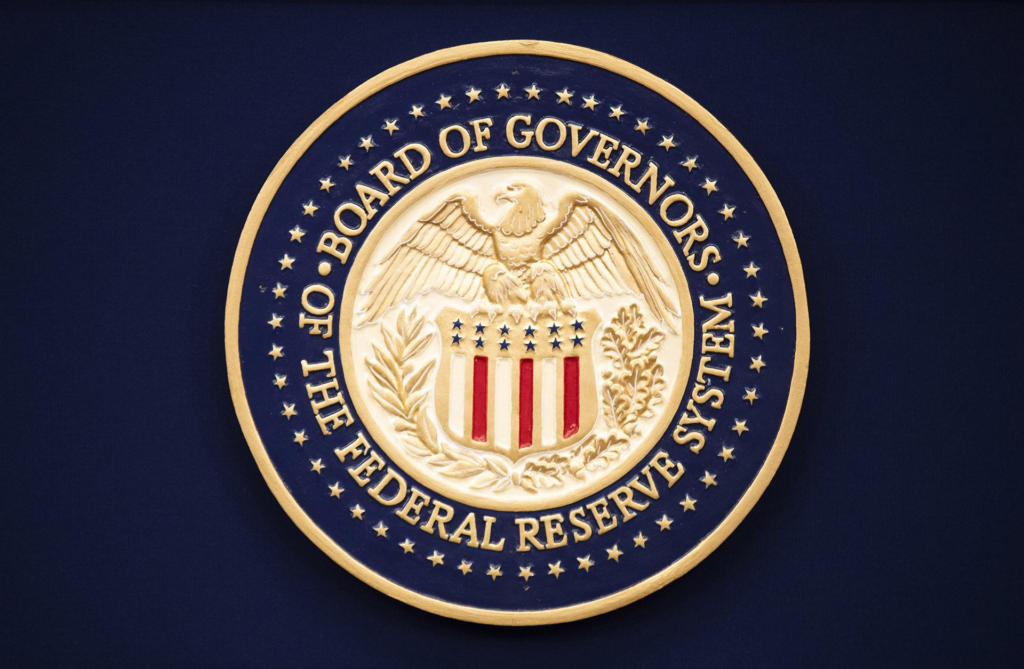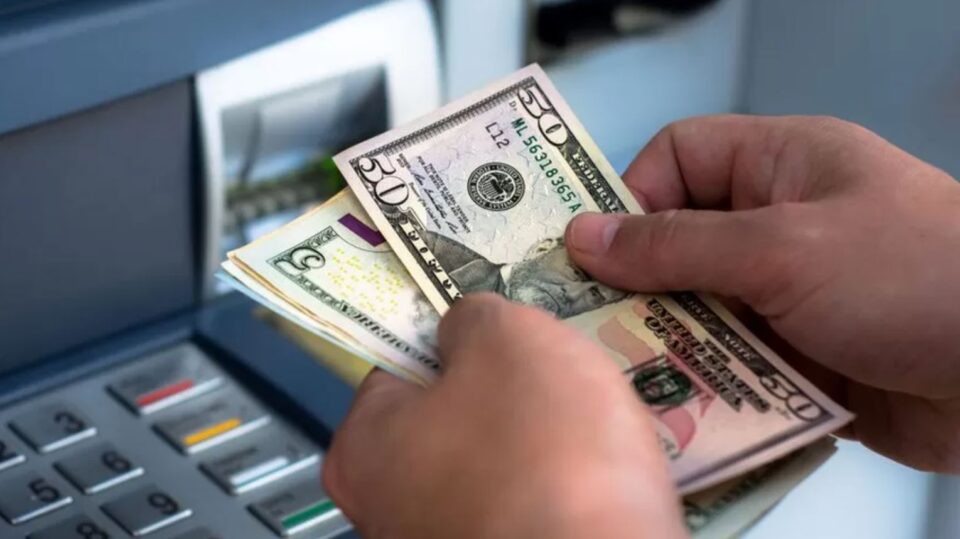Despite the financial crisis, the US raises interest rates.
Despite worries that the move could worsen financial unrest following a succession of bank collapses, the US central bank has increased interest rates once again.
The financial system is “strong and robust,” according to the Federal Reserve, which raised its benchmark interest rate by 0.25 percentage points.

But, it also issued a warning that the effects of the bank failures could hinder future economic growth.
The Fed has increased borrowing costs in an effort to keep prices stable.
But, the banking system is under stress as a result of the substantial increase in interest rates since last year.
Silicon Valley Bank and Signature Bank, two American banks, also failed this month, succumbing in part as a result of issues brought on by increasing interest rates.
Concerns exist regarding the value of the bonds that banks own since higher interest rates could devalue the bonds.
Banks frequently have sizable bond portfolios, which means they are sitting on sizable potential losses. If banks are not required to sell their bonds, falling bond values are generally not a concern.
Authorities from all across the world have stated that they do not believe the failures pose a threat to global financial stability or the need to divert attention from measures to reduce inflation.
The European Central Bank increased its benchmark rate by 0.5 percentage points last week.
On Thursday, the Bank of England will decide on its own interest rate, one day after official data revealed that February’s inflation unexpectedly increased to 10.4%.
Jerome Powell, the head of the Federal Reserve, stated that the Fed was still committed to fighting inflation. The Silicon Valley bank, in his opinion, is a “outlier” amid a robust financial system.

Although the entire effects of the current unrest are still unknown, he conceded that they were likely to slow growth. economic effects
In accordance with the bank’s recently disclosed forecasts, authorities expect the economy to expand by just 0.4% this year and 1.2% in 2024, a severe slowdown from historical trends and less than they predicted in December.
The Fed’s announcement also softened earlier claims that “ongoing” interest rate increases would be required in the coming months.
The Fed said, “Some additional policy firming may be appropriate,” in place of the opposite.
According to Ian Shepherdson, chief economist at Pantheon Macroeconomics, the actions “obviously imply that the Fed is worried”. The Fed increased rates on Wednesday for the eighth time in a row. It increases its benchmark interest rate to 4.75%-5%, the highest level since 2007, up from virtually zero a year ago.
Increased interest rates result in higher costs for debt repayment, property purchases, company expansion loans, and other types of borrowing.

The Fed anticipates that raising the cost of such activity will reduce demand and lower prices.
It has begun to occur in the US housing market, where purchases have dramatically declined over the past year and the median sales price in February fell below its level from a year earlier, marking the first time in more than a decade that this has happened.
Yet overall, the economy has performed better than anticipated, and price growth is outpacing the healthy 2% average.
The rate of price growth, or inflation, increased by 6% in the year leading up to February. Certain prices are rising even more quickly, like food and flights.
Prior to the bank failures, Mr. Powell had issued a warning that authorities could need to raise interest rates more than anticipated in order to stabilize the situation.
Inflation is forecast to decline this year, according to bank projections, although not as much as was anticipated a few months ago.
But, they predict interest rates will be around 5.1% at the end of 2023, which is the same as in December and suggests the Fed is prepared to stop rising rates soon.
Mr. Powell said that the current unrest had the “equivalent of a rate hike” in its effects.
He claimed that if the financial system’s instability causes banks to restrict lending and the economy to contract more swiftly, the Fed may be able to raise its benchmark rate less forcefully.
But he emphasized once more that the Fed would continue to fight inflation.
He stated, “We must reduce inflation below 2%. “Bringing it down to 2% has significant costs, but the costs of failing are considerably bigger.”




